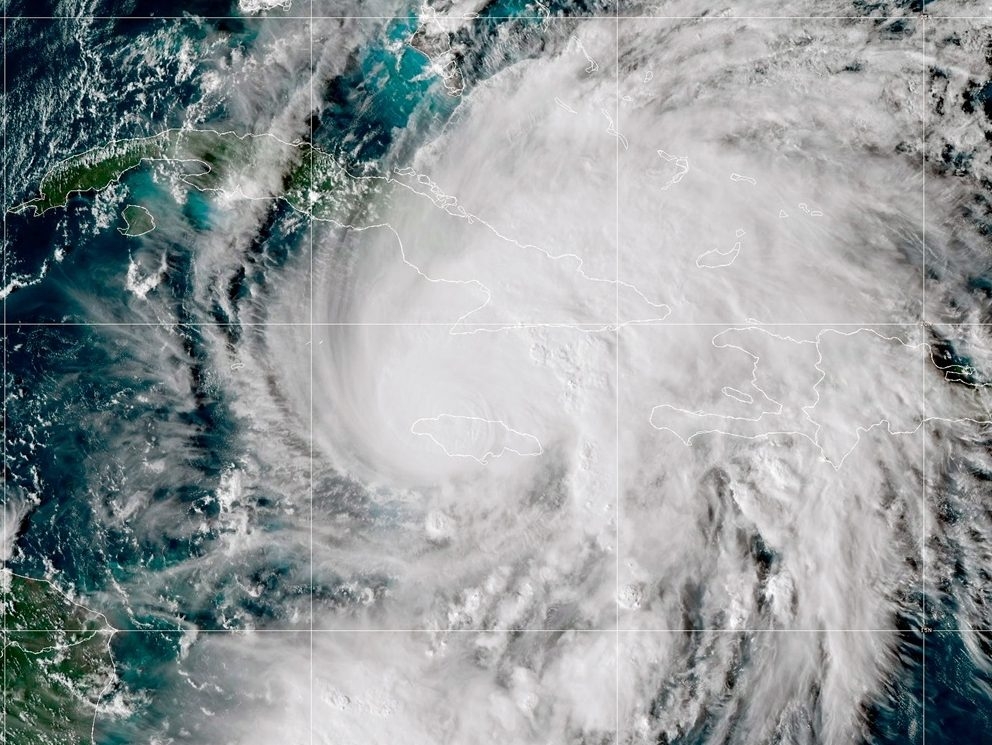A weekend of fierce weather is bearing down on Atlantic Canada, Quebec, and southern Ontario, promising a soggy and blustery Halloween and start to November. While Hurricane Melissa is a factor, experts emphasize it’s not the sole cause of the impending conditions.
New Brunswick, Nova Scotia, and Prince Edward Island are bracing for 30 to 50 millimeters of rainfall Friday, with localized areas potentially receiving even more. Southeasterly gusts are predicted to reach 70 to 80 kilometers per hour, intensifying to a staggering 110 km/h along western Cape Breton, from Margaree Harbour to Bay St. Lawrence.
Environment Canada warns of uncertainty regarding the heaviest rainfall zones, but stresses the potential for significant accumulation in certain locations. Residents are urged to clear storm drains and secure outdoor objects – including festive Halloween decorations – to mitigate potential flooding and damage from powerful winds.

Eastern Quebec is also in the path of the storm, anticipating substantial rainfall coupled with strong northeasterly winds throughout Friday and Saturday. The precise impact on Quebec remains unclear, but the remnants of Hurricane Melissa could contribute to the system’s intensity.
The core of the issue isn’t Melissa directly, but a large low-pressure system developing over the northeastern United States. This system is drawing in tropical moisture from the hurricane as it moves northward into Canadian waters, extending the reach of the storm’s influence.
Even southern Ontario will feel the effects, experiencing gusty winds as the low-pressure system expands westward. Rainfall amounts in Atlantic Canada may also see a slight increase due to Melissa’s lingering presence.
Meteorologists are closely monitoring Melissa’s trajectory, which is currently expected to remain offshore. However, recent models suggest a potential shift, bringing the storm closer to eastern Newfoundland’s Avalon Peninsula on Saturday.
Should Melissa track closer to Newfoundland, the Avalon Peninsula could experience even stronger winds. Forecasts are being continuously updated to reflect any changes in the storm’s path and intensity.
The devastation left in Melissa’s wake is already heartbreaking. Across the Caribbean, the hurricane unleashed its fury on Cuba, Haiti, and Jamaica, leaving a trail of destruction and loss.
In Haiti, at least 25 lives have been lost due to catastrophic flooding in Petit-Goave. Cuba is grappling with collapsed homes and impassable roads, forcing 735,000 people into emergency shelters. Jamaica suffered widespread power outages and communication failures.
Melissa initially made landfall in Jamaica as a terrifying Category 5 hurricane, boasting winds of 298 kilometers per hour. The storm’s impact serves as a stark reminder of the raw power of nature and the vulnerability of communities in its path.





